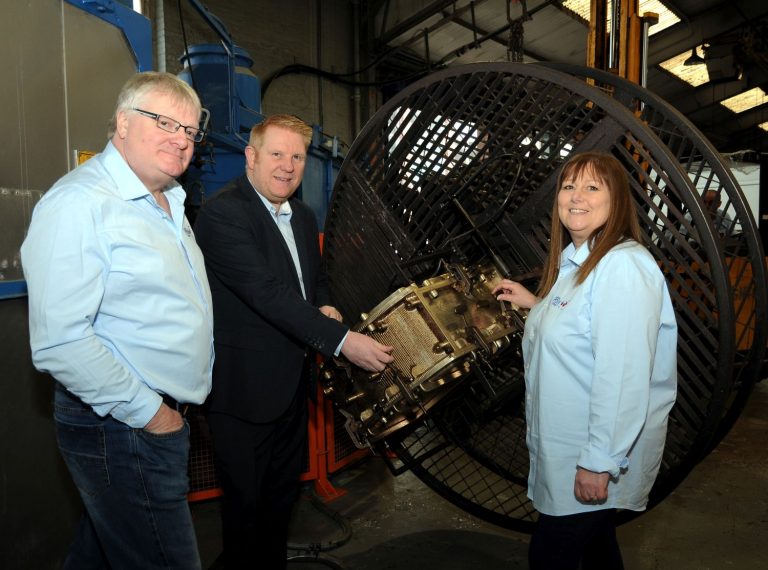City of York Council has agreed additional support of £300k for local businesses as a part of a third round of Additional Restrictions Grant (ARG) funding.
On 21 December 2021, the Government announced that a further £102m will be made available for local authorities through Additional Restrictions Grant Funding to support businesses severely impacted by the rise of the Omicron variant but not able to receive any other form of Covid-19 grant support. York’s share of this top-up is £300,786.
The council is currently developing a process to allocate the top-up to York businesses affected by Omicron. Further details will be shared shortly.
Aside from the third ARG top-up, City of York Council has previously received £7,489,016 of ARG funding out of which £7.2m has already been allocated to support local businesses.
From the existing ARG fund, the council will allocate £106k to extend the previous ARG regime for the period from 18 July to 20 December 2021 to support businesses reliant on international travel and therefore experiencing significantly reduced income.
A further £50k will be allocated to expand the budget for the council’s successful Business Growth Voucher Scheme, supporting existing commitments made to applicants, and another £50k to support a broader range of festivals and events to take place across York.
Cllr. Andrew Waller, the council’s Executive Member for Economy and Strategic Planning, said: “Although national Covid-19 restrictions have lifted, this remains a very challenging time for many of our local businesses some of whom saw cancellations hit their business over what had been hoped to be a busy Christmas period. The key aspect here is to maintain jobs across the city recognising that some businesses are under pressure.
“The Additional Restrictions Grant (ARG) scheme has been a lifeline to local small businesses. The latest round of our ARG scheme aims to support sectors most severely impacted by the rise of the Omicron variant including travel and tourism, companies dealing with events, and the wide range of hair and beauty sector as well as other businesses missing out on previous Government schemes for whom we have been making representation to Government.”
Cllr. Darryl Smalley, the council’s Executive Member for Culture, Leisure and Communities, said: “Like many parts of our local economy, the events sector in York has faced major financial hurdles due to Covid-19. The ARG fund has previously supported safe, large-scale events across the city, such as Jorvik Viking Festival, York Food and Drink Festival, York Design Week and Aesthetica Film Festival which were a huge success and delivered a much-needed boost to both our economy and wellbeing.
“This additional £50k support will ensure that more engaging events can be organised – ensuring that all residents have something exciting to pop on the fridge calendar, as well as securing York’s world-renowned reputation as a city of experiences as we continue to recover from the COVID-19 pandemic.”












